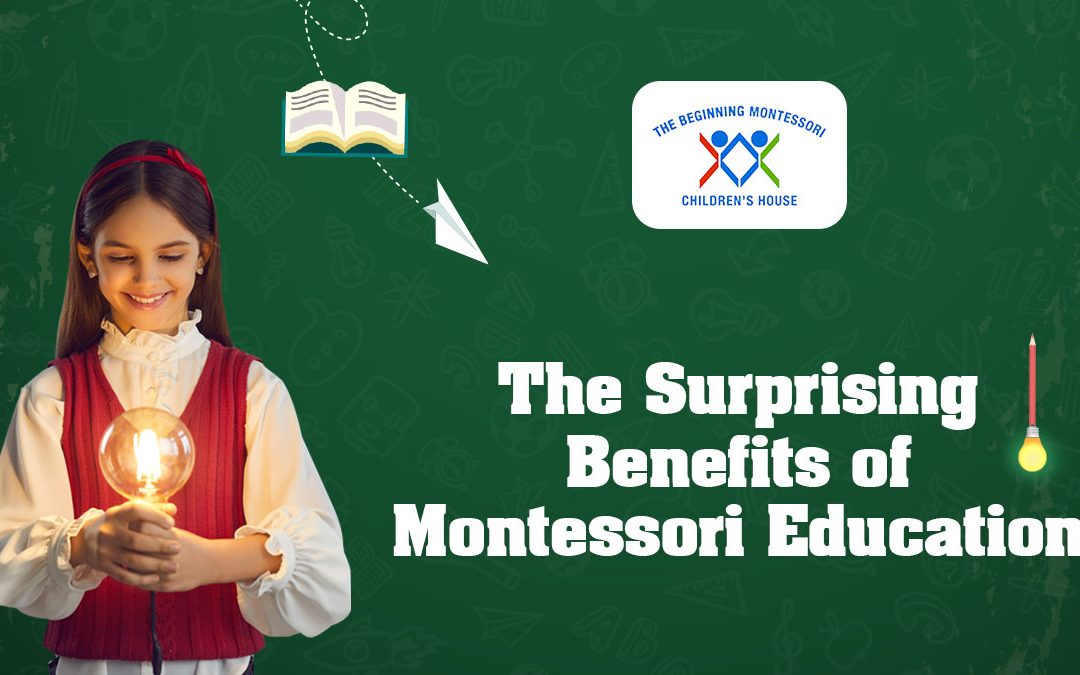Introduction
Young children aren’t known for their ability to focus intensely. On the contrary, children should jump from one activity to the next with a gnat’s attention span. As a result, when parents visit a Montessori school, they may be shocked by what they see: Children as young as three years old have been joyfully engaged in an independent, concentrated activity for extended periods. The capacity to focus at a young age is a hallmark of Montessori education, but it’s revolutionary for parents who haven’t seen a Montessori classroom in action.
Mindfulness mastery
Organizations like the Association for Mindfulness in Education and Mindful Schools have sprung up in recent decades, training teachers, sponsoring conferences, and conducting research to assist students in becoming more focused, motivated, and deliberate in the classroom.
What precisely is mindfulness, and why is it important? Mindfulness is defined as “deep, in-the-moment focus marked by self-awareness and internal motivation,” according to Mindful Schools. Mindfulness proponents argue that in a world filled with chaotic distractions, it can be a panacea for the conflict, impulsiveness, and stress that plague today’s kids and schools.
Body and mind as a whole
Although Maria Montessori did not originate the term “mindfulness,” she was an early proponent of sustained focus and motivation from within. Her teaching methods promote focused concentration as the optimal environment for early learning.
According to Hughes, Montessori’s approach to physical development fosters cognitive development and profound focus. Children aged three or four begin Montessori instruction by practicing motor skills such as sweeping, polishing silverware, and pouring. These aptly named “practical life” activities prepare children for more independence and self-reliance in daily tasks. Still, there’s more: the development of higher cognitive abilities such as concentration and attention.
Montessori chores such as cleaning a table and washing dishes improve fine motor control and engage parts of the prefrontal cortex that are important for executive function, allowing for greater concentration and focus. In 1949, Montessori remarked about the vital link between cognitive and motor development; scientists discovered the same link 50 years later.
Numerous studies have shown that this whole-body approach is one of the reasons Montessori-educated children outperform traditional schools academically.
Environment, scheduling, and shared focus all contribute to a happy workplace.
A beautifully prepared environment, a significant component of Montessori learning, is one way Montessori fosters focus. Specially designed tools, such as child-sized brooms, lacing cards, and counting beads, are prepared in Montessori classrooms to be visually pleasing and accessible to young children; simplicity, beauty, and order are prioritized. Montessori environments also encourage and facilitate children’s decision-making.


